Boost Immunity with Ssanghwatang (Herb Tonic Tea) :: Wansan Dawon, Yeoldudal
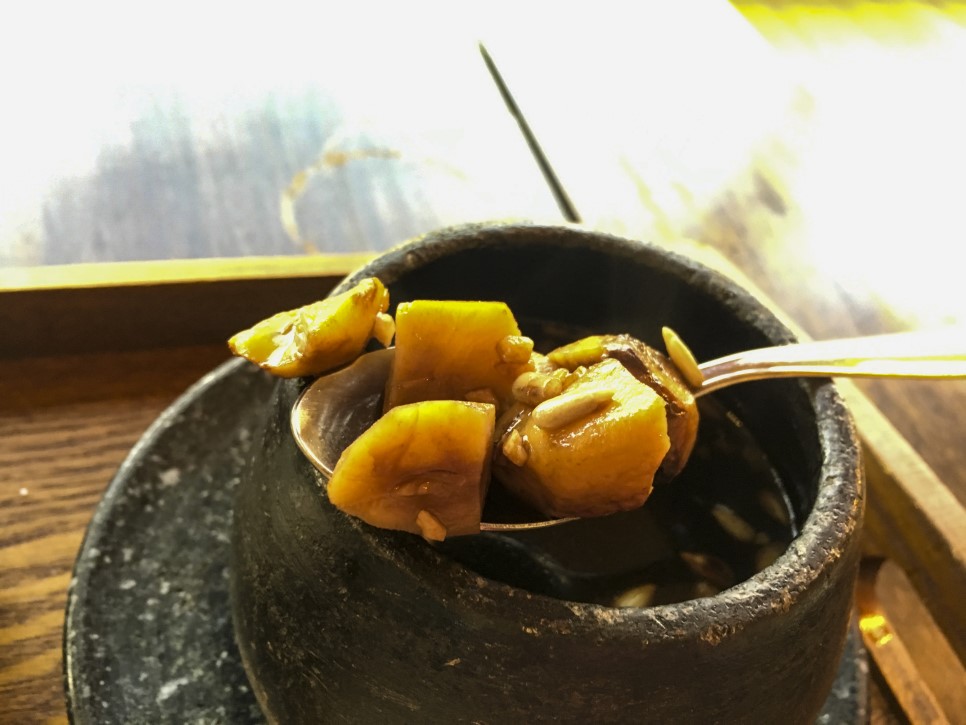
Ssanghwatang (Korean herb tonic tea made from boiling down many herbs such as peony, Korean angelica, cnidium, cinnamon, licorice root, rehmannia, and others) used to be a common warm beverage in old teahouses. Ssanghwatang is known to prevent cold and flu by boosting immunity. Today, I’ll introduce two teahouses famous for ssanghwatang.
Wansan Dawon
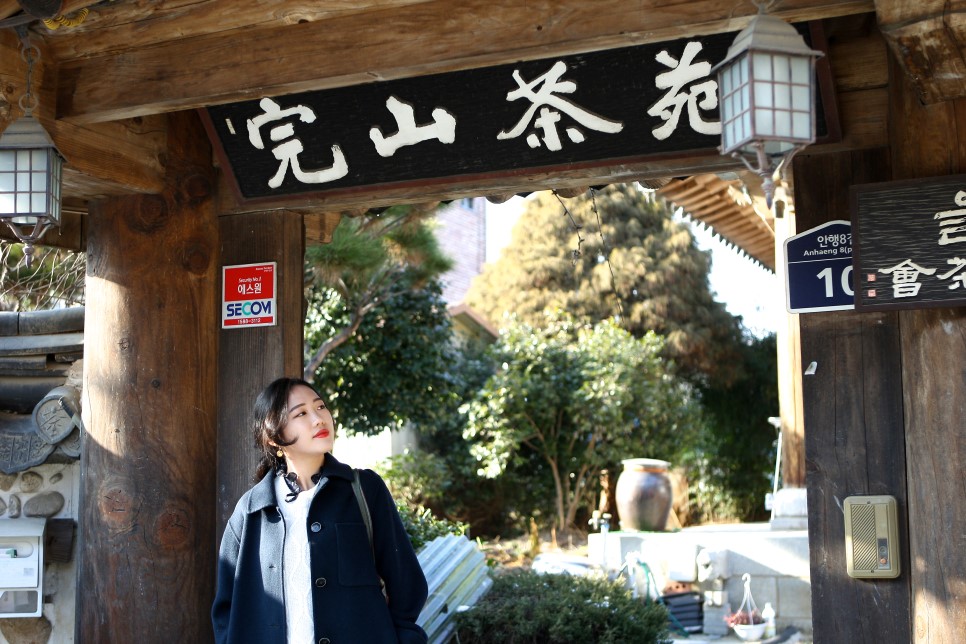
Wansan Dawon is an elegant teahouse with a nice courtyard. For relaxing atmosphere, I recommend visiting during weekdays.
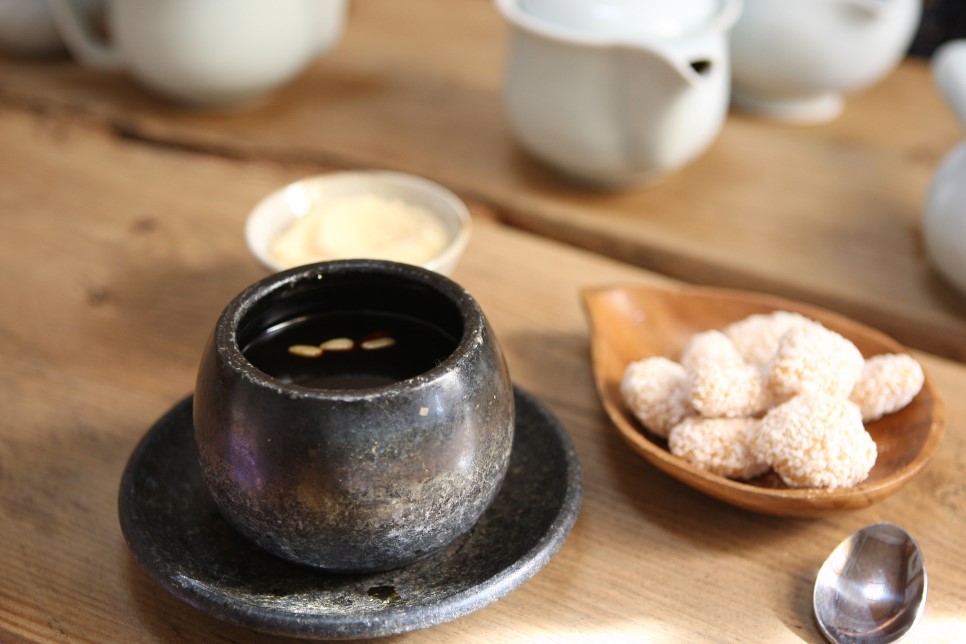
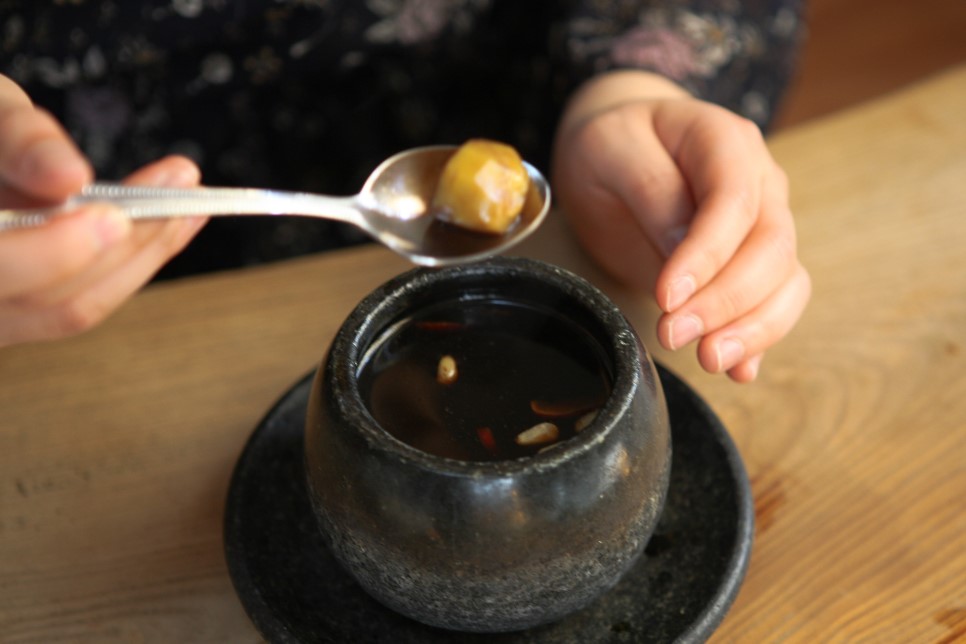
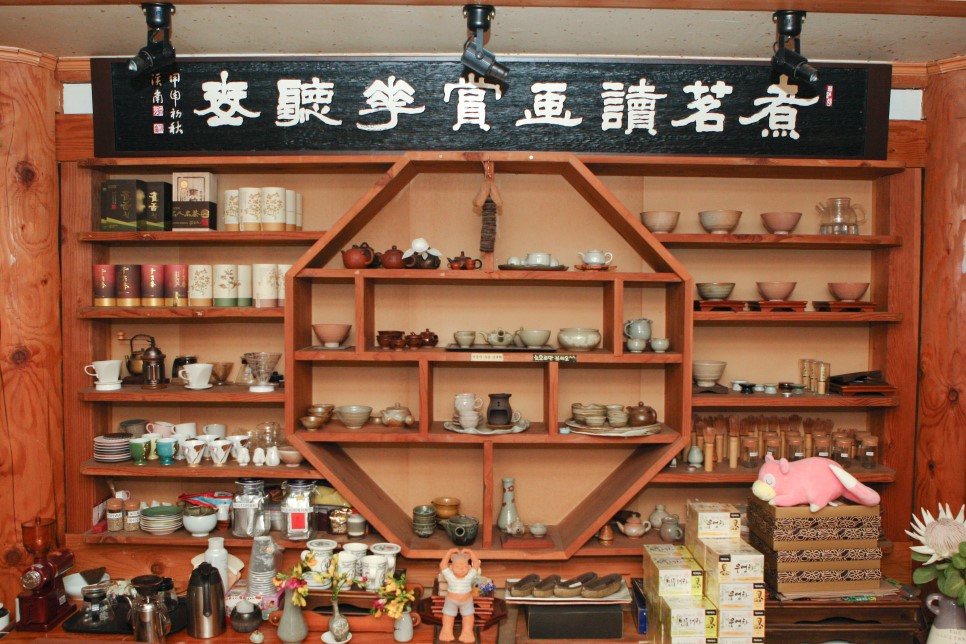
As I enter, I was greeted by a showcase displaying a variety of tea supplies. Since the container affects the taste of a tea, choosing the right container for different teas is important.
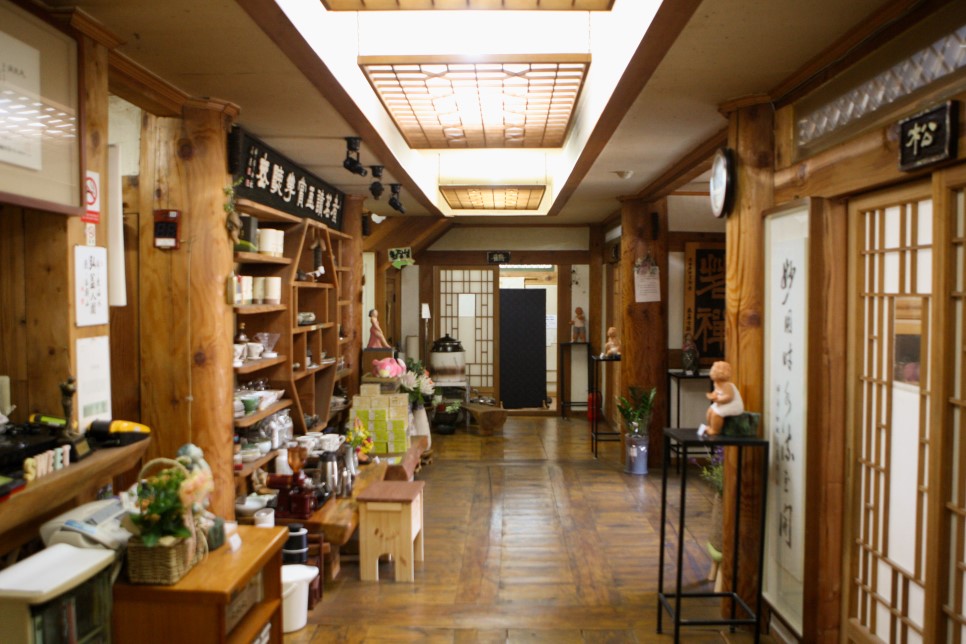
Each team of visitors to Wansan Dawon are seated in a separate room. Hence, the teahouse is the perfect place to enjoy tea and talks with your friends, family, or a significant other in a relaxed atmosphere.
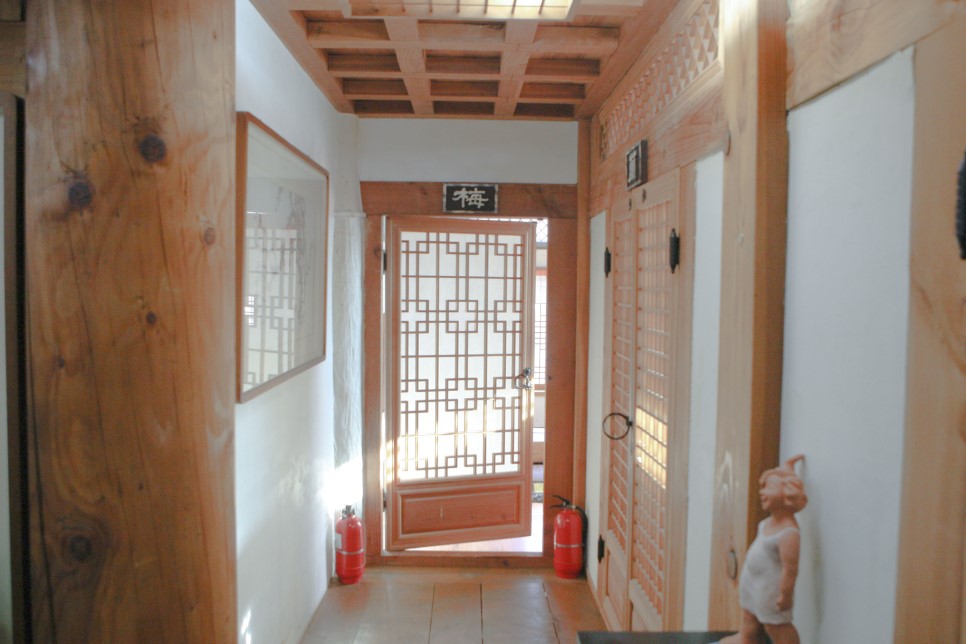
I recommend booking in you’re planning to visit during the busy weekends. The teahouse is popular among the weekend hikers.
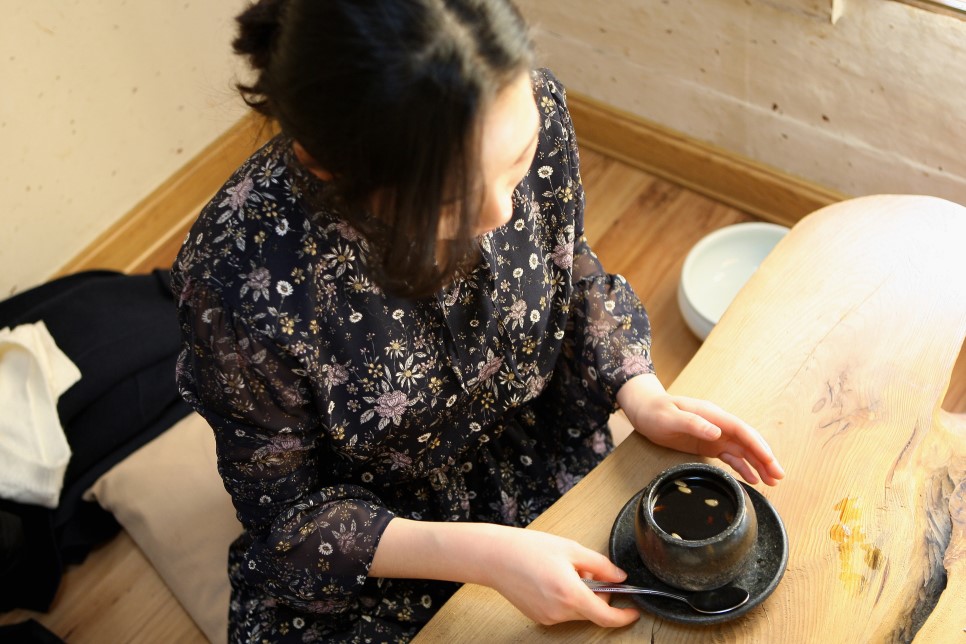
Ssanghwatang is commonly served in a round stone teacup that preserves the heat until the drink is finished.
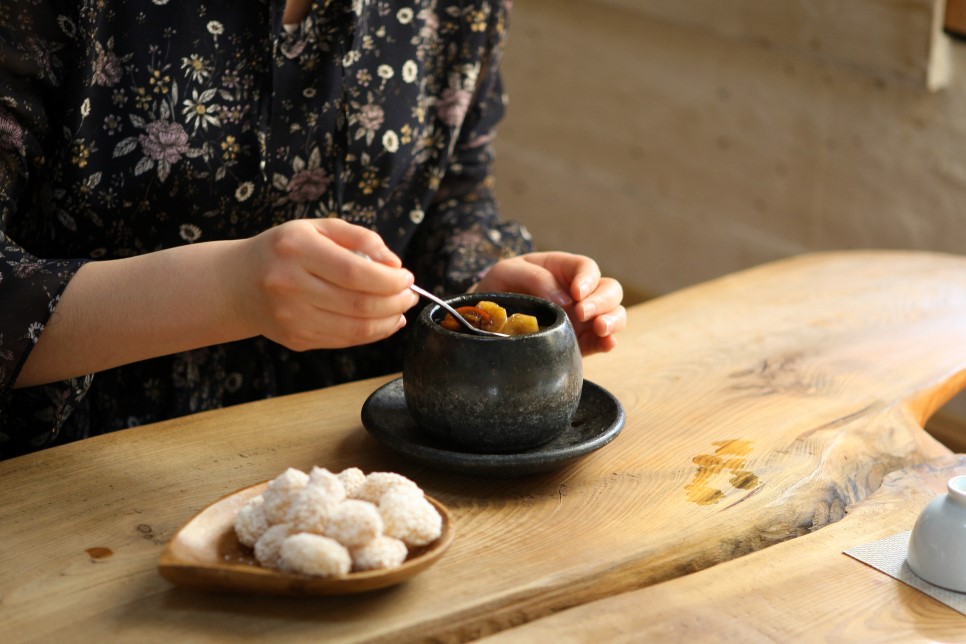
The teahouse ssanghwatang is different from the pharmacy ssanghwatang. The teahouse version may be bit bitter, but you can add sugar or order sweet Korean traditional snacks.
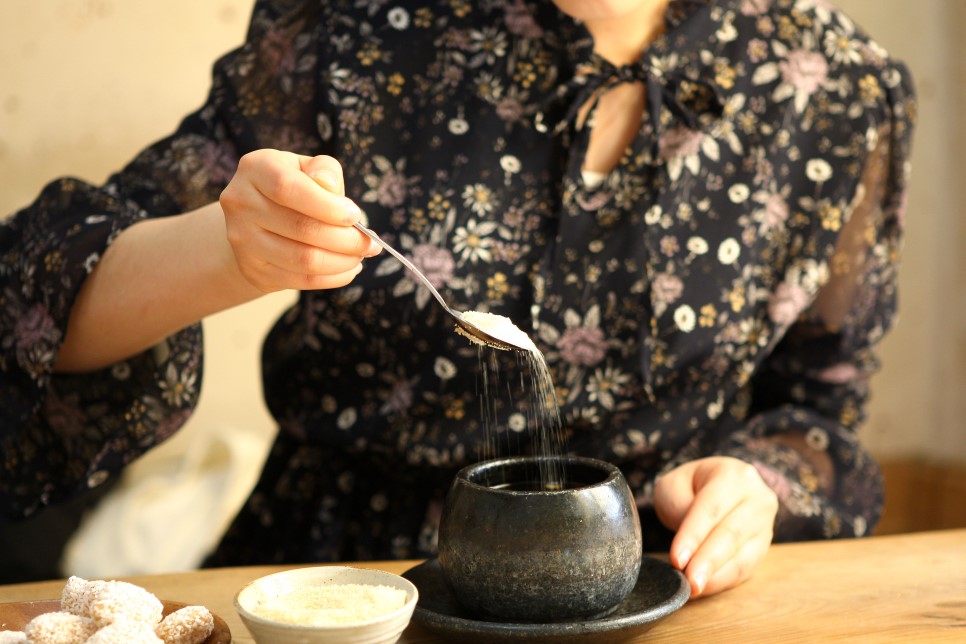
Wansan Dawon also offers a variety of other teas. I’ll introduce the green tea and omija (fruit of schisandra chinensis, known to have five tastes) tea.
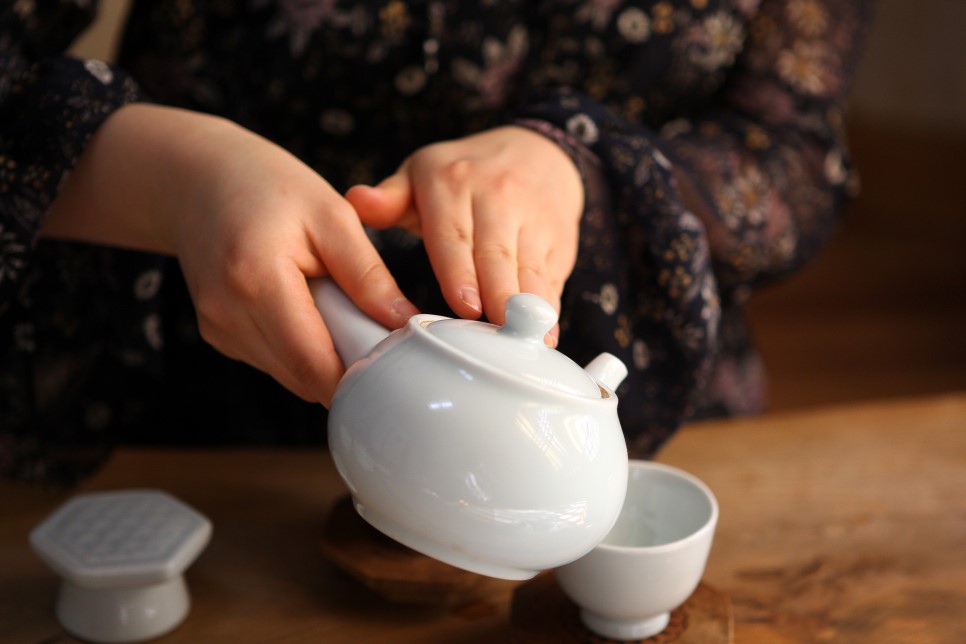
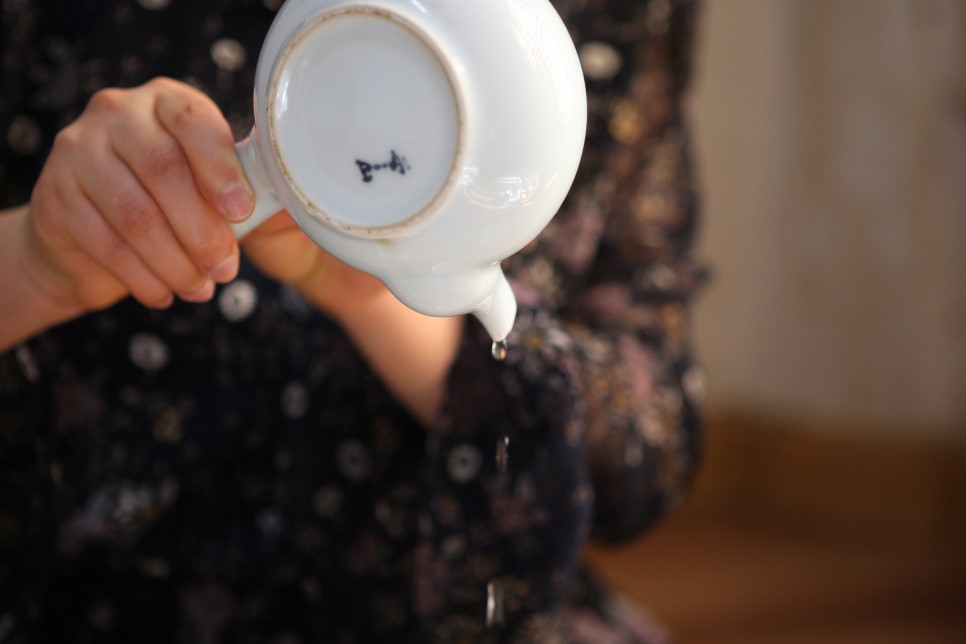
The green tea is served with tea ceramics. It is important not to brew the tea for too long, as it might turn astringent. The servers at the teahouse can help you with the brewing.
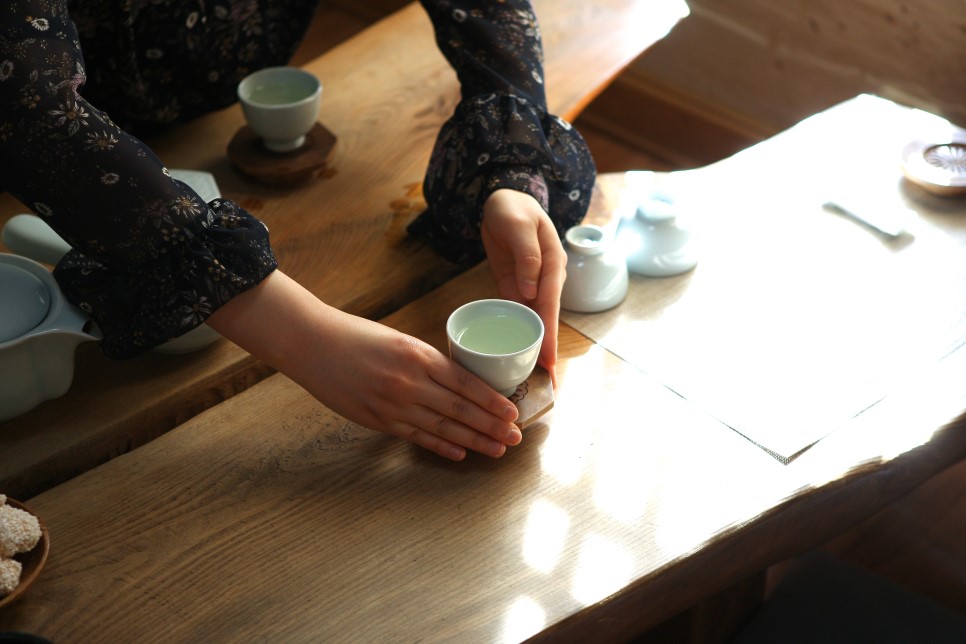
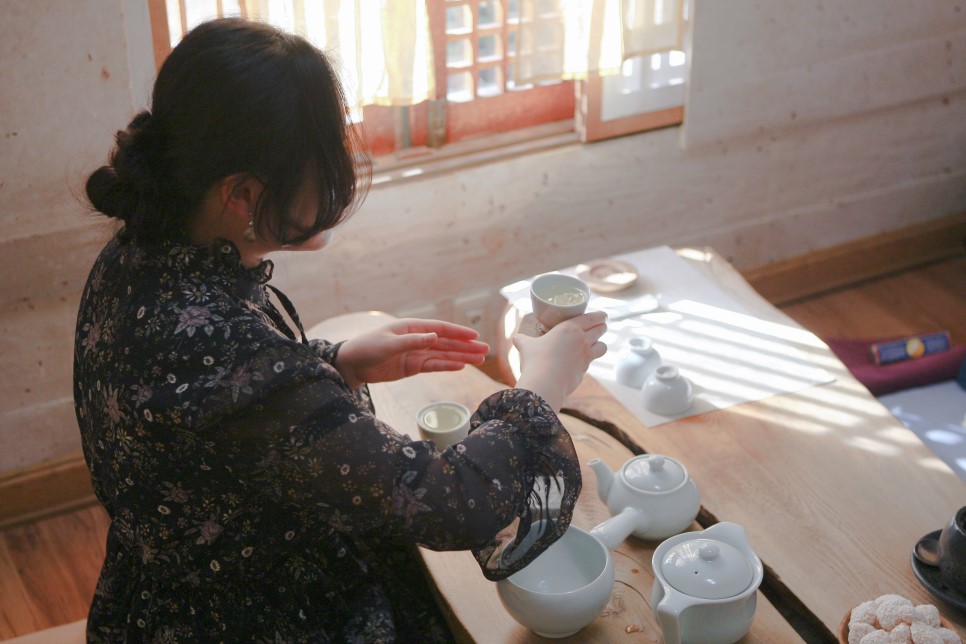
I also recommend the omija tea. The tea is traditionally known to treat common cold and flu.
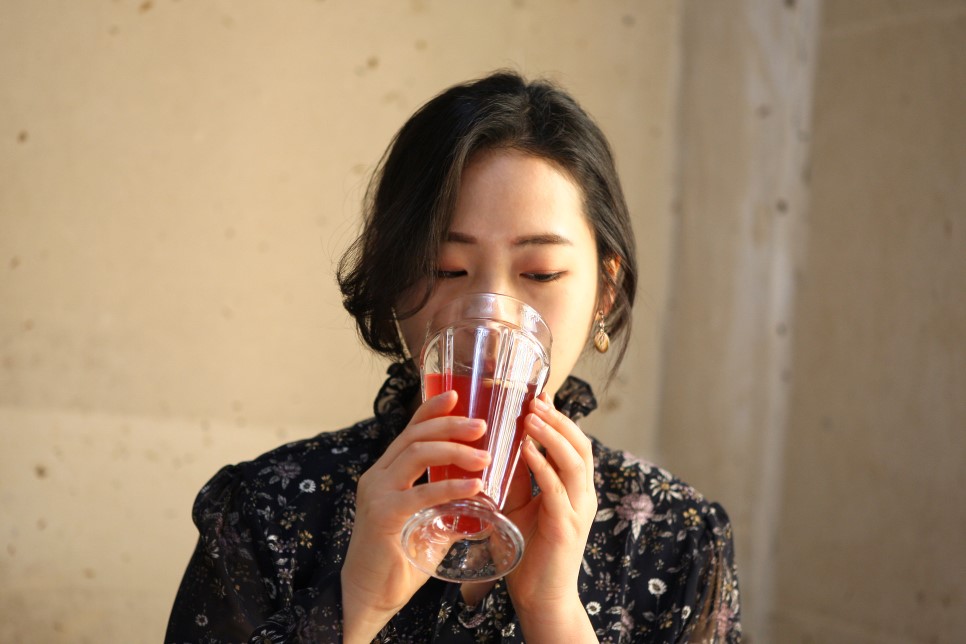
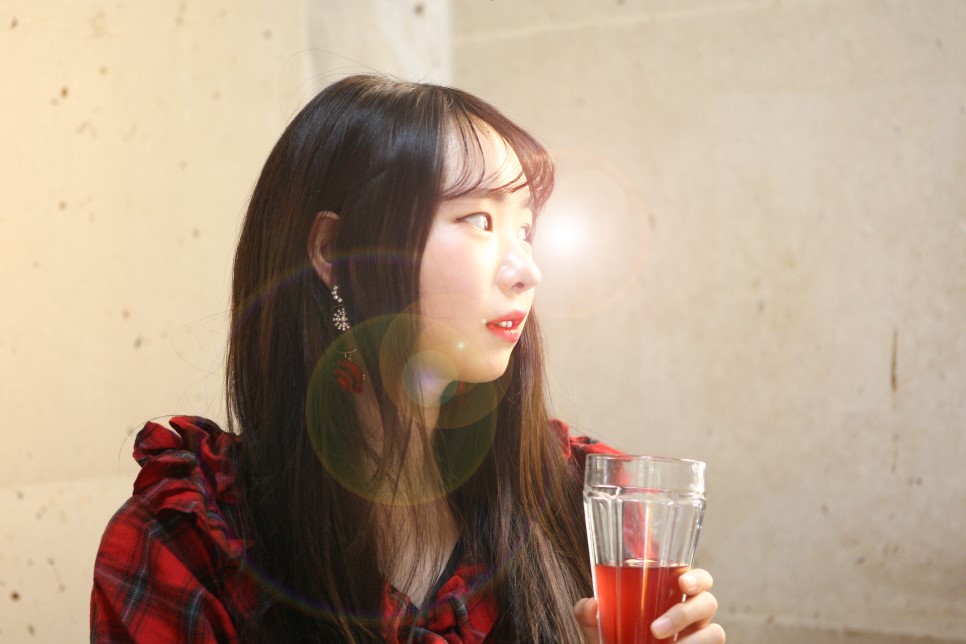
All the windows of the teahouse are covered with hanji (Korean traditional paper, speciality of Jeonju) paper, and the sunlight penetrating through is very elegant. If you use this sunlight, the picture can be really nice.
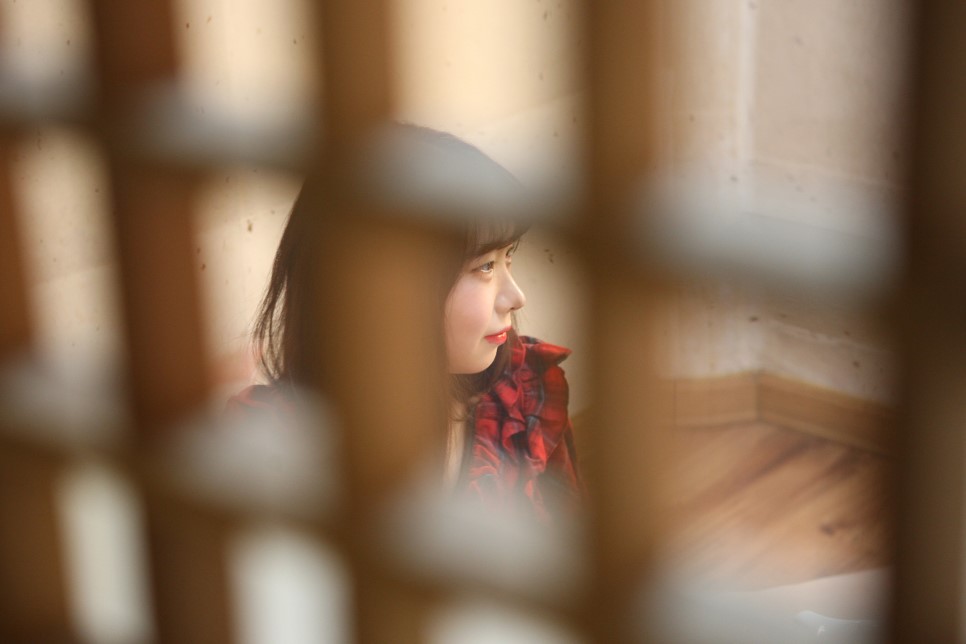
Also, the whole teahouse is hanok (Korean traditional house), hence pretty much everywhere seems instagrammable. It’s even better if you’re wearing hanbok (Korean traditional costume).
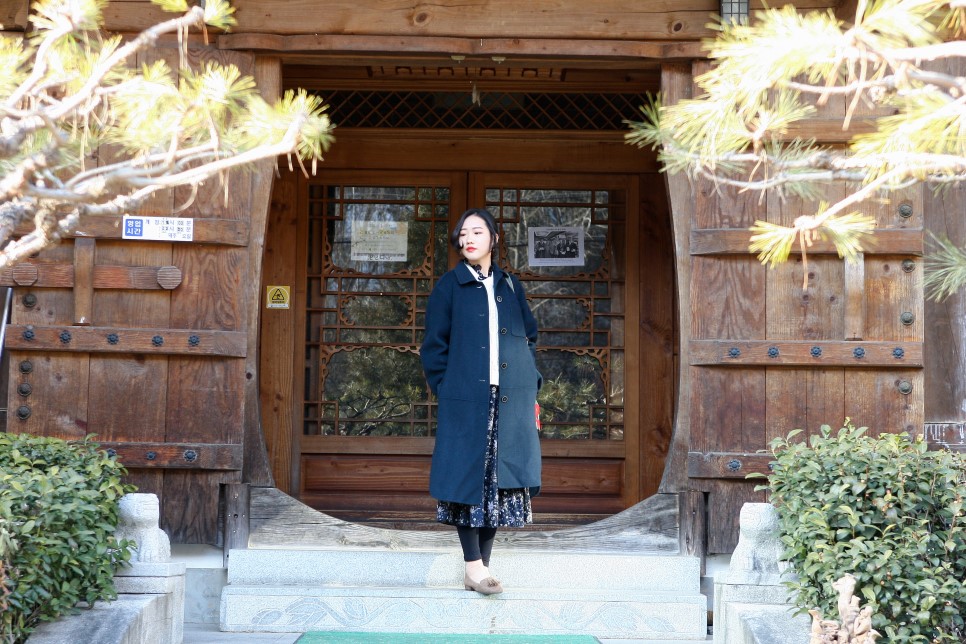

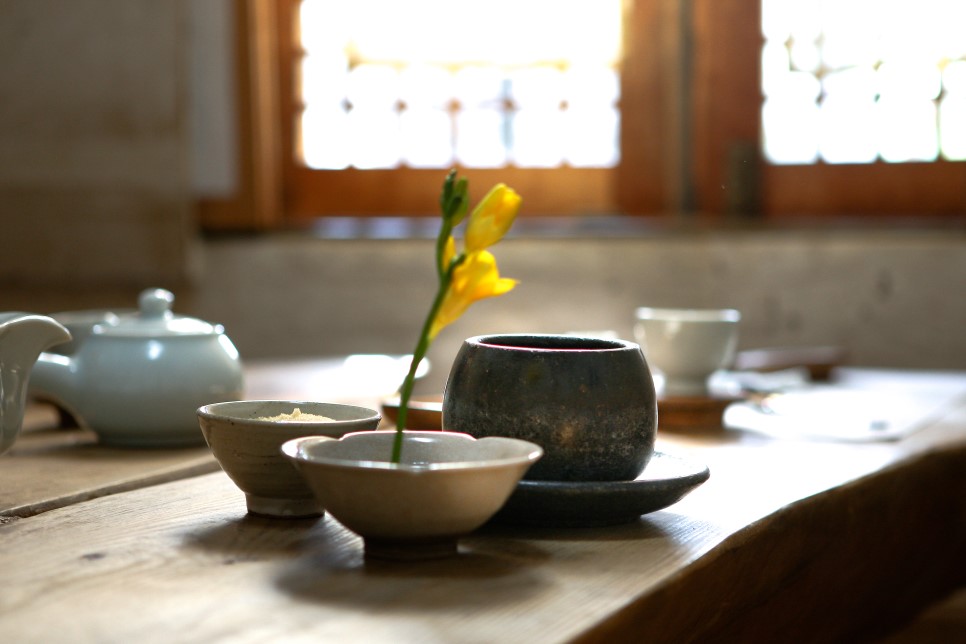
Visit Wansan Dawon this spring for ssanghwatang and some relaxing atmosphere!
Wansan Dawon
Address: Anhaeng 8gil 10, Wansangu, Jeonju
Contact: 063-228-1350
Opening hours: 1100~2230
Yeoldudal
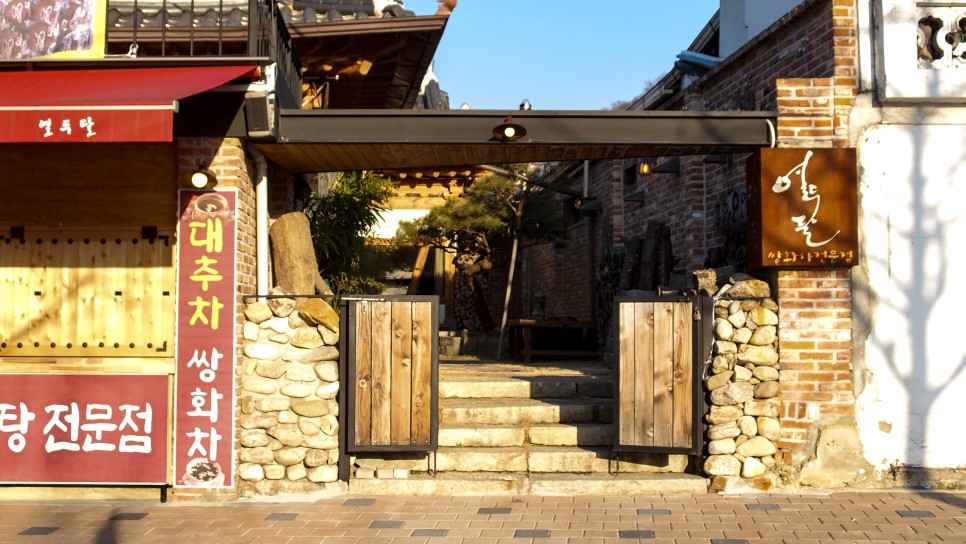
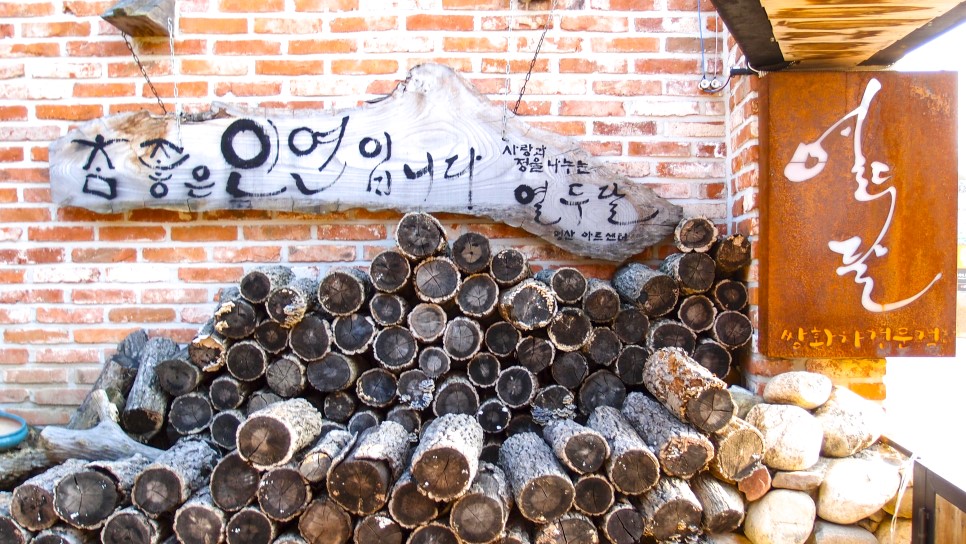
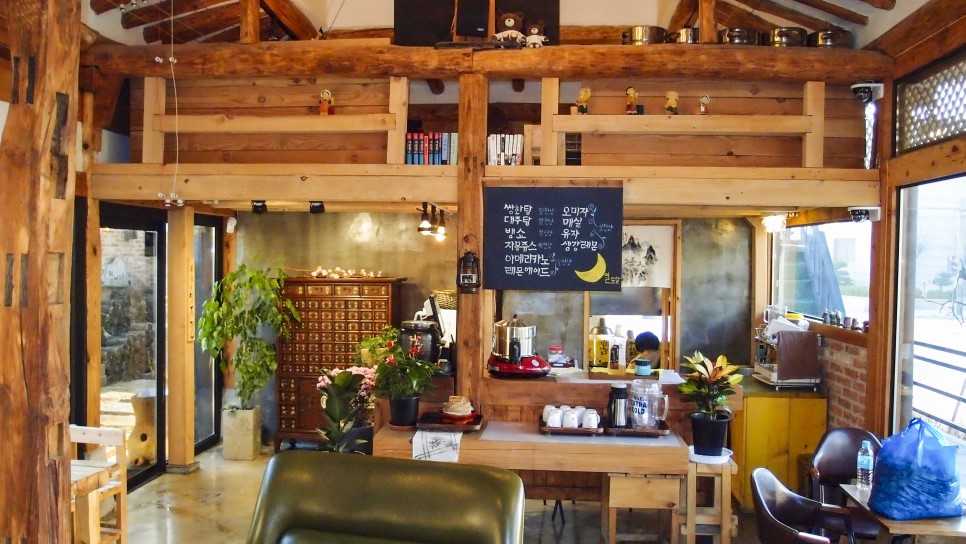
My next destination was Yeoldudal, a teahouse in Jeonju Hanok Village. It’s a nice place to rest your feet after exploring the Hanok Village. The props allocated by the teahouse owner are rather cute.
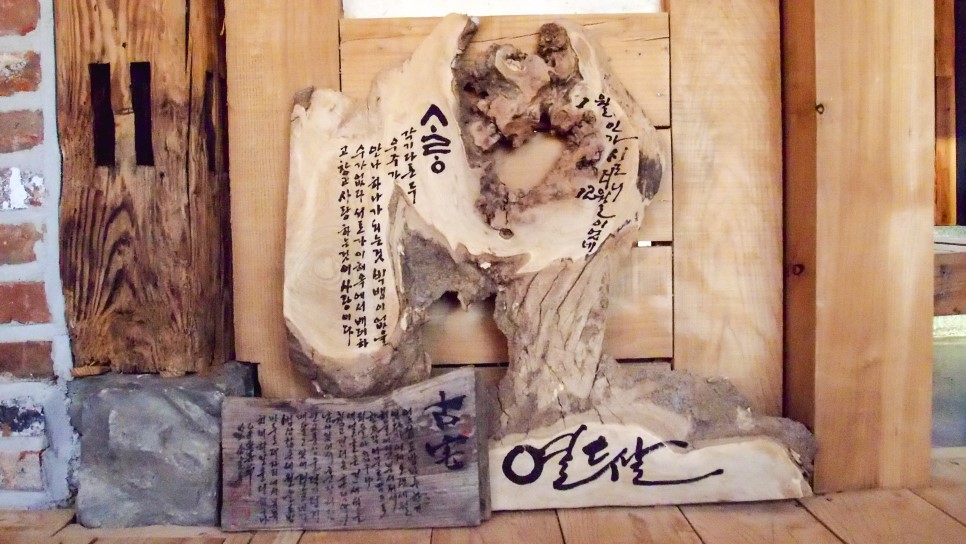

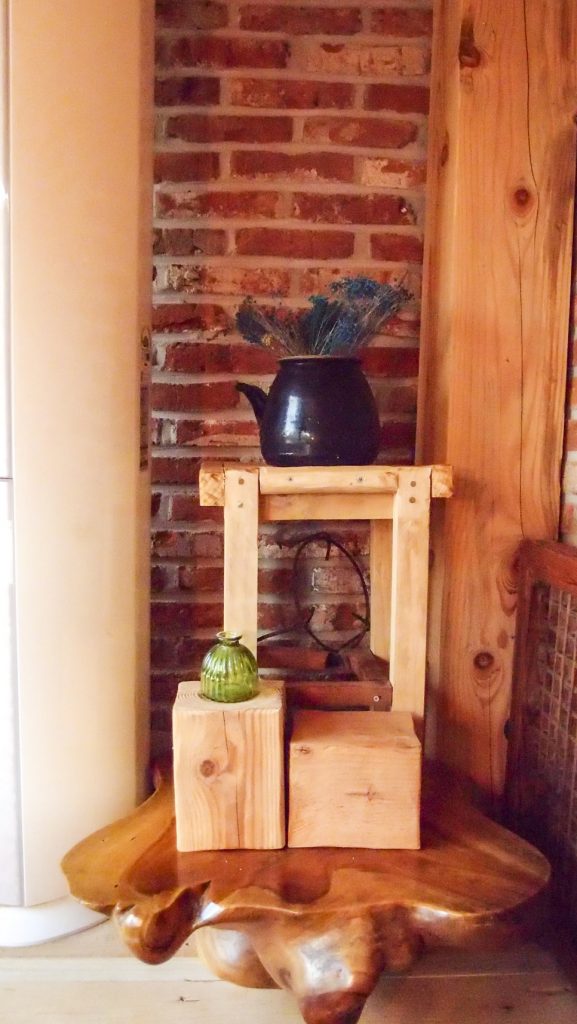
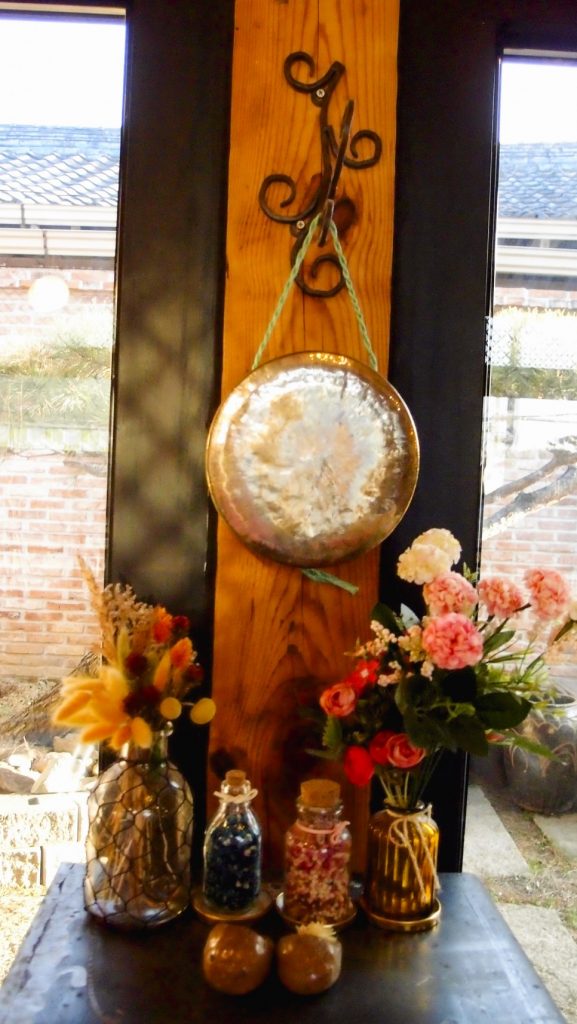
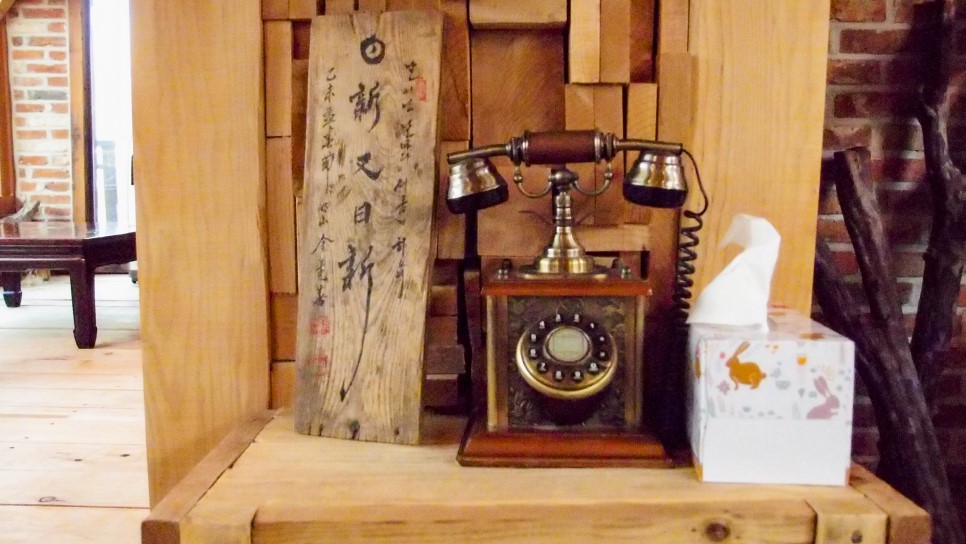
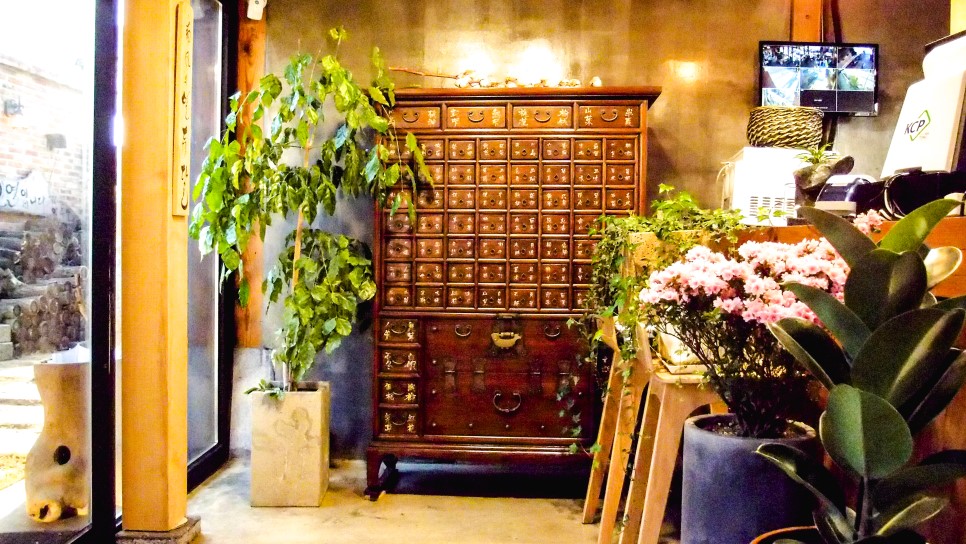
I also ordered ssanghwatang here. The owner also let me taste another menu, hukimajajuk (black sesame porridge).
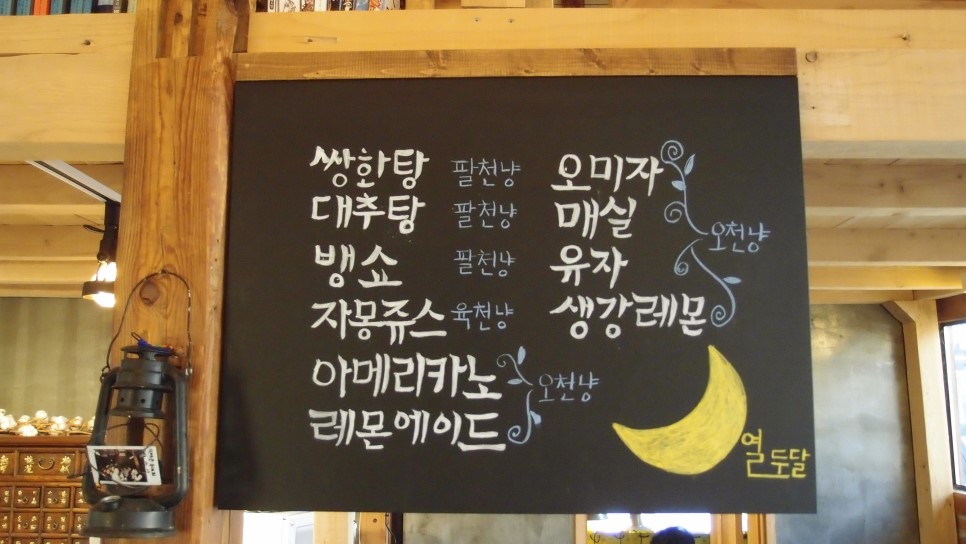
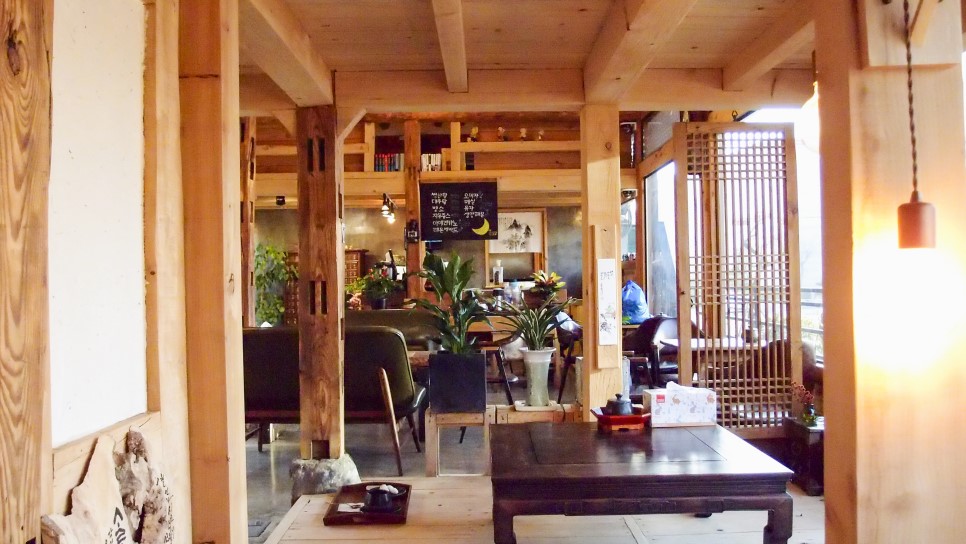
I hope the photos show how relaxing the atmosphere of the teahouse is.
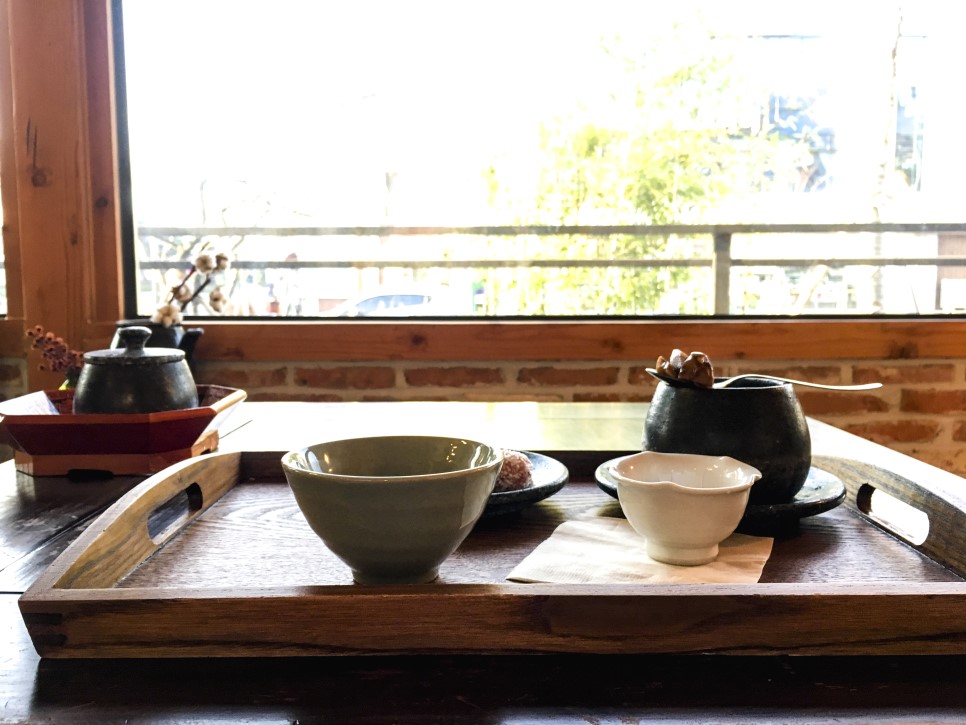
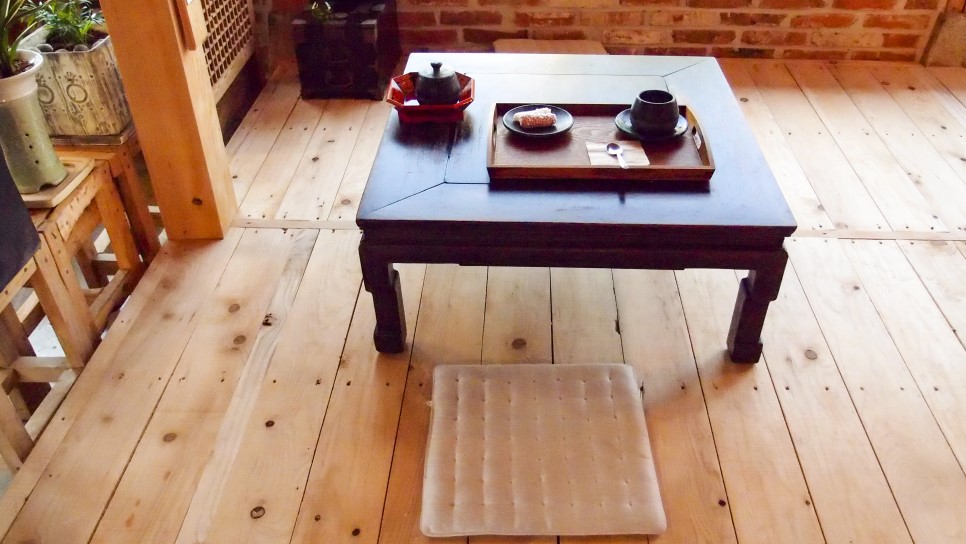
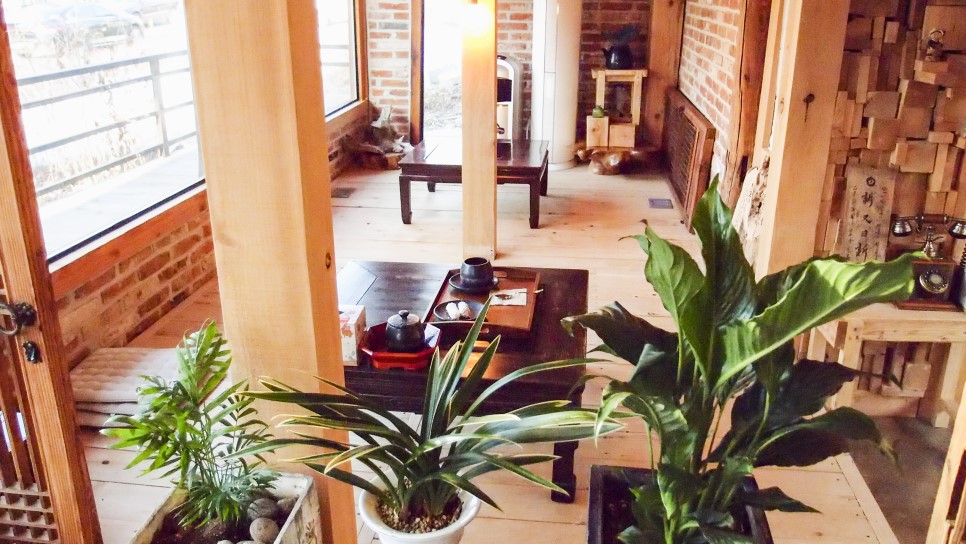
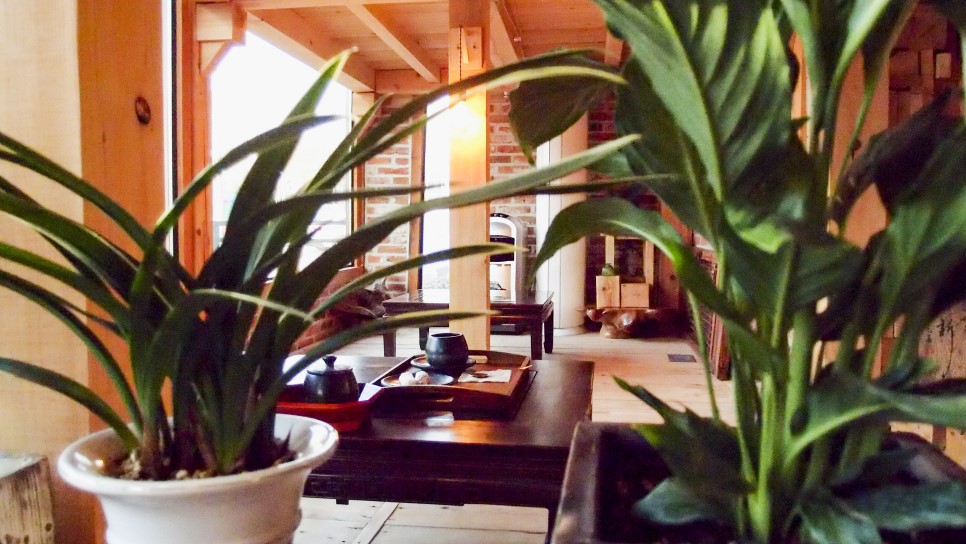
The Korean traditional snacks that I ordered seem to go well with the whole atmosphere of the teahouse. The ssanghwatang and hukimjajuk tasted very healthy, honest, and elegant, just like many other traditional local food and beverages.
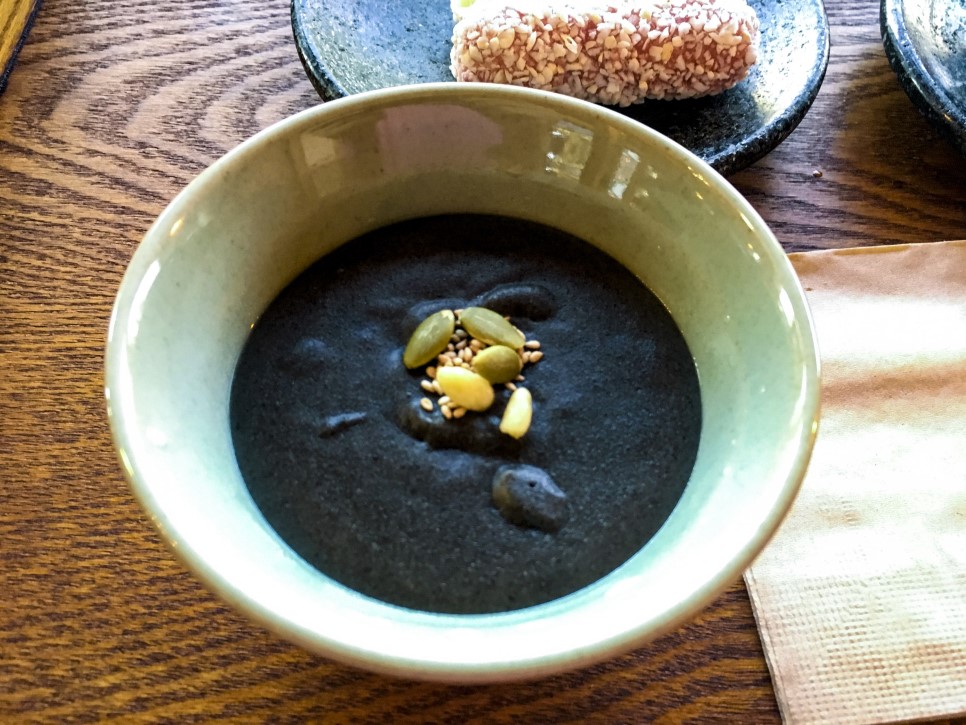

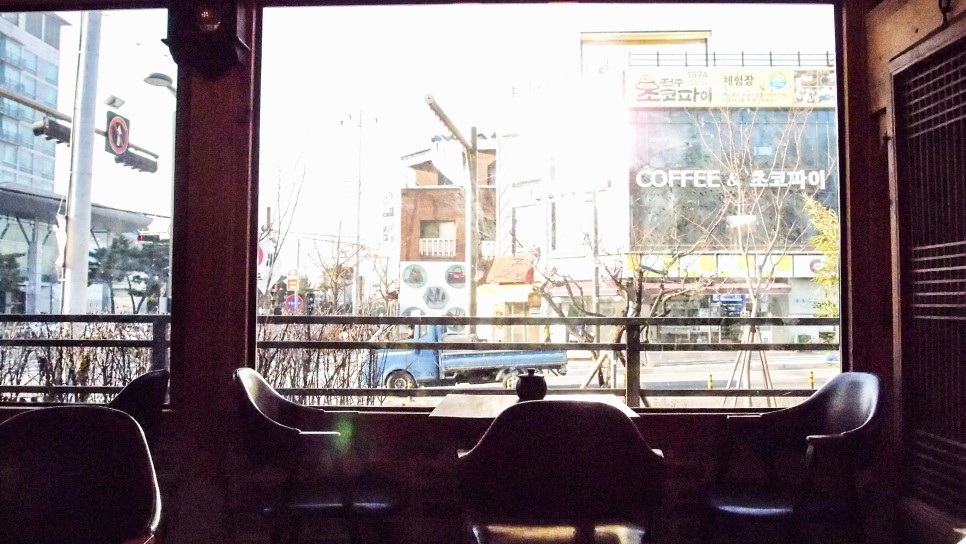
I recommend reflecting upon your visit to Jeonju Hanok Village with warm ssanghwatang at Yeoldudal.
Yeoldudal
Address: Kirindaero 80-1, Wansangu, Jeonju


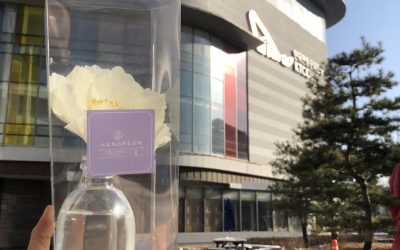
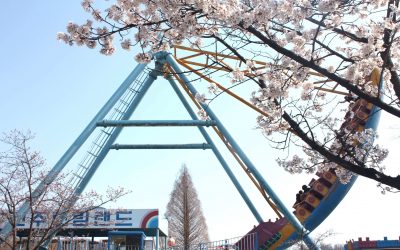
4 Comments